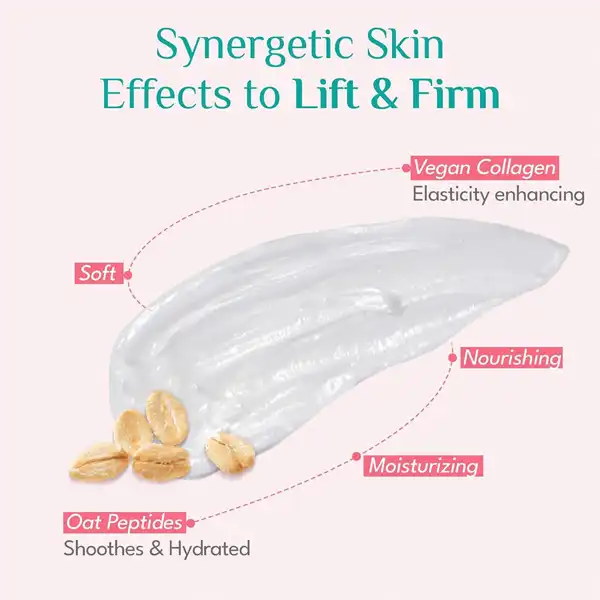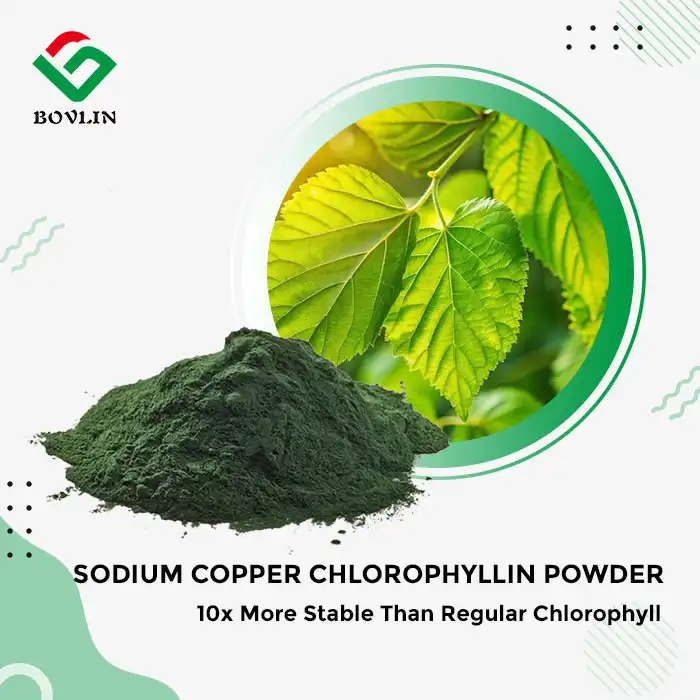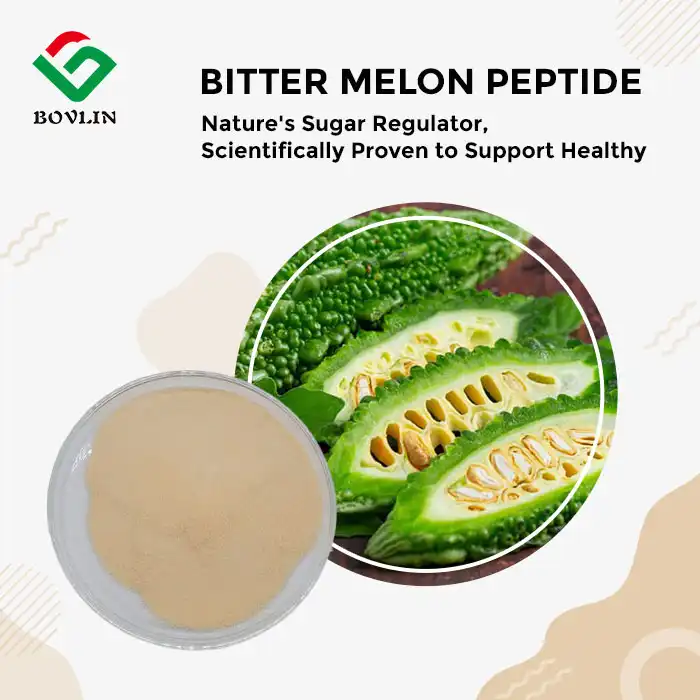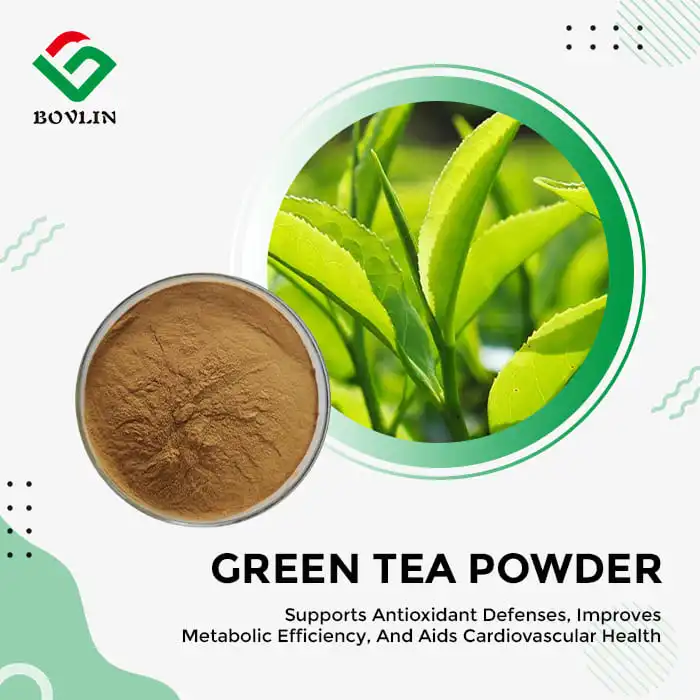How Do Oats Peptides Support Skin Barrier Function?
Enhancement of Skin Barrier Integrity
Oat peptides play a crucial role in supporting the skin's barrier function. These bioactive compounds interact with the stratum corneum, the outermost layer of the skin, to reinforce its structural integrity. By forming a protective film on the skin's surface, oat peptides help to prevent transepidermal water loss and shield against external irritants. This barrier-strengthening effect is particularly beneficial for individuals with compromised skin barriers, such as those with dry or sensitive skin conditions.
Stimulation of Ceramide Production
Another mechanism by which oat peptides support skin barrier function is through the stimulation of ceramide production. Ceramides are essential lipids that form a crucial component of the skin's protective barrier. Hydrolyzed oat protein has been shown to upregulate the expression of genes involved in ceramide synthesis. By promoting the production of these vital lipids, oat peptides contribute to the formation of a more resilient and effective skin barrier, enhancing the skin's ability to retain moisture and resist environmental stressors.
Modulation of Tight Junction Proteins
Oat peptides also influence the expression and function of tight junction proteins in the skin. These proteins are critical for maintaining the integrity of the epidermal barrier by regulating the passage of molecules between skin cells. Research has demonstrated that hydrolyzed oat protein can modulate the expression of tight junction proteins, such as claudin-1 and occludin. This modulation helps to strengthen the connections between skin cells, further enhancing the barrier function and overall skin health.

Anti-Inflammatory and Anti-Oxidative Mechanisms
Inhibition of Pro-Inflammatory Mediators
Oat peptides exhibit potent anti-inflammatory properties through various mechanisms. One key action is the inhibition of pro-inflammatory mediators such as cytokines and chemokines. Studies have shown that hydrolyzed oat protein can suppress the production of inflammatory molecules like interleukin-6 (IL-6) and tumor necrosis factor-alpha (TNF-α). This inhibitory effect helps to reduce skin inflammation, redness, and irritation, making oat peptides particularly beneficial for sensitive or reactive skin types.
Antioxidant Activity and Free Radical Scavenging
The antioxidant properties of oat peptides contribute significantly to their skin-protective effects. These bioactive compounds act as free radical scavengers, neutralizing harmful reactive oxygen species (ROS) that can damage skin cells and accelerate aging. Hydrolyzed oat protein has been found to possess strong antioxidant activity, comparable to that of well-known antioxidants like vitamin C. By combating oxidative stress, oat peptides help to prevent premature aging, maintain skin elasticity, and promote a more youthful appearance.
Modulation of Cellular Stress Response Pathways
Oat peptides also exert their anti-inflammatory and antioxidative effects through the modulation of cellular stress response pathways. Research has shown that these peptides can activate the Nrf2 pathway, a key regulator of cellular defense against oxidative stress. By upregulating the expression of antioxidant enzymes and cytoprotective proteins, oat peptides enhance the skin's natural defense mechanisms against environmental stressors and UV-induced damage. This cellular-level protection contributes to long-term skin health and resilience.
Potential Use in Cosmetic and Dermatological Formulations
Anti-Aging and Skin Rejuvenation Products
The multifaceted benefits of oat peptides make them excellent candidates for inclusion in anti-aging and skin rejuvenation formulations. Their ability to stimulate collagen production, enhance skin barrier function, and provide antioxidant protection addresses multiple aspects of skin aging. Cosmetic manufacturers can leverage these properties to develop products that target fine lines, wrinkles, and loss of skin elasticity. The incorporation of hydrolyzed oat protein in serums, creams, and masks can offer consumers effective solutions for maintaining a youthful and radiant complexion.
Sensitive Skin and Atopic Dermatitis Treatment
Oat peptides show significant promise in the treatment of sensitive skin conditions and atopic dermatitis. Their anti-inflammatory properties and barrier-strengthening effects make them valuable ingredients in formulations designed for reactive or compromised skin. Dermatological products containing hydrolyzed oat protein for skin can help soothe irritation, reduce redness, and improve skin hydration. These benefits are particularly relevant for individuals with eczema-prone skin or those experiencing chronic skin sensitivity.
Sun Protection and After-Sun Care
The antioxidant and protective properties of oat peptides make them suitable for use in sun protection and after-sun care products. While not a replacement for traditional sunscreens, the inclusion of hydrolyzed oat protein in sun care formulations can provide additional defense against UV-induced oxidative stress. In after-sun products, oat peptides can help to soothe sun-exposed skin, reduce inflammation, and support the skin's recovery process. This dual functionality makes oat peptides a versatile ingredient for comprehensive sun care product lines.

Conclusion
Oat peptides derived from hydrolyzed oat protein offer a wealth of benefits for skin health and cosmetic applications. Their ability to support skin barrier function, provide anti-inflammatory and antioxidant protection, and enhance overall skin appearance makes them valuable ingredients in a wide range of skincare formulations. As research continues to uncover the full potential of oat peptides, their role in cosmetic and dermatological products is likely to expand, offering innovative solutions for various skin concerns and contributing to the advancement of skin care science.
Contact Us
Interested in incorporating oat peptides into your skincare formulations? Discover the potential of our high-quality hydrolyzed oat protein for your products. Contact us at sales1@bovlin.com to learn more about our innovative plant-based solutions and how they can elevate your skincare offerings.











